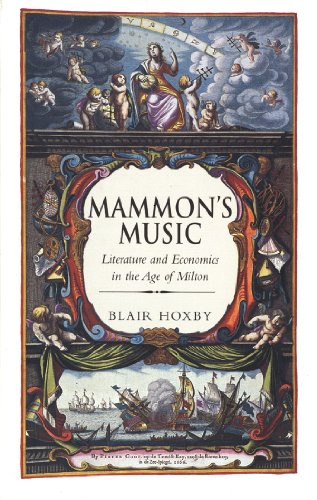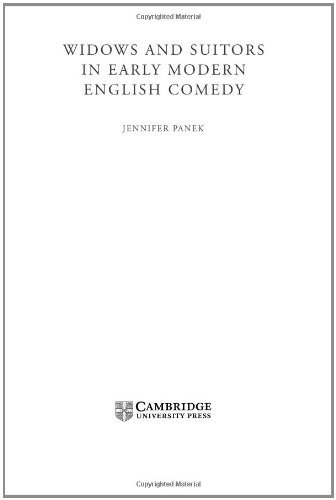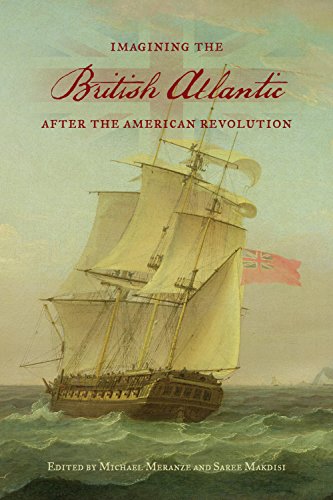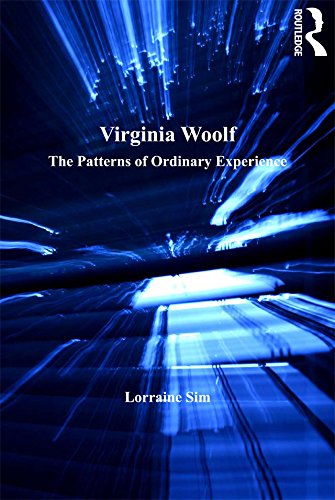Download Humanism and Calvinism: Andrew Melville and the Universities by Steven J. Reid PDF
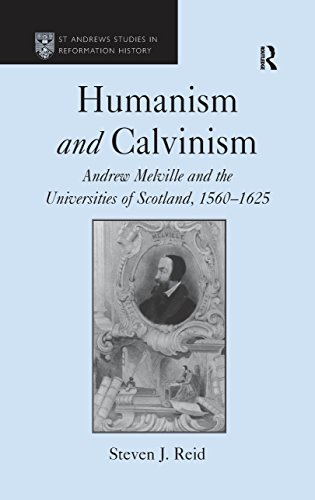
By Steven J. Reid
Read or Download Humanism and Calvinism: Andrew Melville and the Universities of Scotland, 1560–1625 (St Andrews Studies in Reformation History) PDF
Similar british & irish contemporary literature books
Mammon's Music: Literature and Economics in the Age of Milton
The economic revolution of the 17th century deeply replaced English tradition. during this bold e-book, Blair Hoxby explores what that fiscal transformation intended to the century’s maximum poet, John Milton, and to the wider literary culture during which he labored. Hoxby locations Milton’s workas good because the writings of up to date reformers just like the Levellers, poets like John Dryden, and political economists like Sir William Pettywithin the framework of England’s financial historical past among 1601 and 1724.
Widows and Suitors in Early Modern English Comedy
The courtship and remarriage of a wealthy widow used to be a well-liked motif in early sleek comedian theatre. Jennifer Panek brings jointly a large choice of texts, from ballads and jest-books to sermons and courtroom documents, to ascertain the staple widow of comedy in her cultural context and to check early sleek attitudes to remarriage.
Imagining the British Atlantic after the American Revolution (UCLA Clark Memorial Library Series)
Among 1750 and 1820, tides of revolution swept the Atlantic global. From the recent commercial cities of significant Britain to the plantations of Haiti, they heralded either the increase of democratic nationalism and the following surge of imperial response. In Imagining the British Atlantic after the yank Revolution, 9 essays reflect on those innovative modifications from quite a few literary, visible, and ancient views.
Virginia Woolf: The Patterns of Ordinary Experience
In her well timed contribution to revisionist methods in modernist stories, Lorraine Sim deals a examining of Virginia Woolf's belief of standard event as printed in her fiction and nonfiction. Contending that Woolf's representations of daily life either recognize and supply a problem to characterizations of way of life as mundane, Sim exhibits how Woolf explores the opportunity of daily event as a website of non-public which means, social knowing, and moral worth.
- Romancing Treason: The Literature of the Wars of the Roses
- Second World War in Contemporary British Fiction
- Wordsworth and the Passions of Critical Poetics
- Joyce's Politics: Volume 7 (Routledge Library Editions: James Joyce)
- Melancholy and Literary Biography, 1640-1816
- I Saw Water: An Occult Novel and Other Selected Writings
Extra info for Humanism and Calvinism: Andrew Melville and the Universities of Scotland, 1560–1625 (St Andrews Studies in Reformation History)
Sample text
